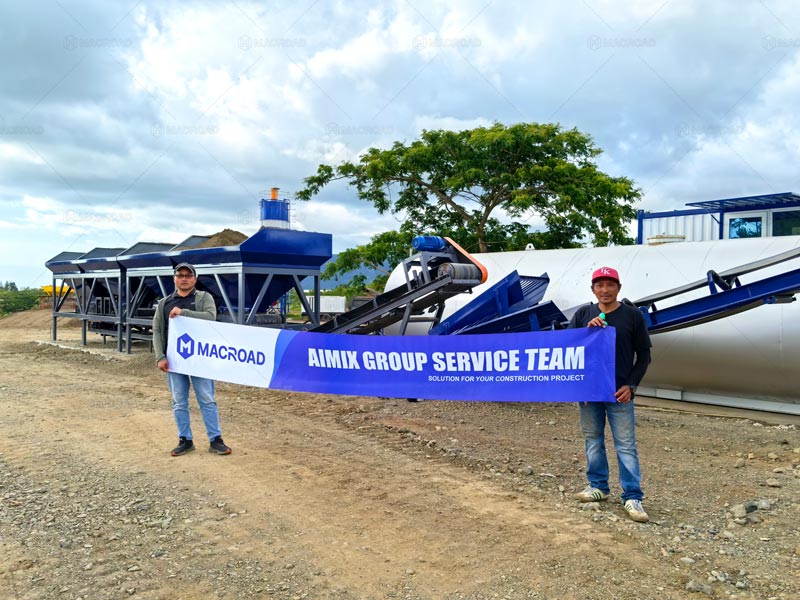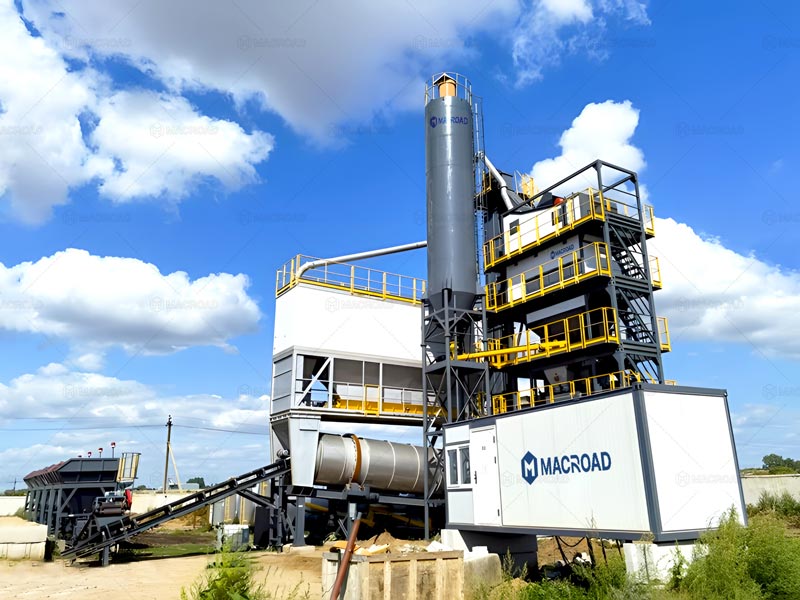
As road and bridge projects expand across Latin America, contractors and plant operators are under pressure to deliver higher-quality pavements faster, cleaner, and at lower cost. Technological upgrades—spanning energy-efficient combustion systems, IoT-enabled controls, and capacity scheduling software—are shifting asphalt production from reactive, manual workflows to proactive, data-driven operations. This article explains practical upgrades that bring immediate benefits on-site, with attention to both stationary installations and the flexibility of a mobile asphalt plant, including examples relevant to asphalt plant Peru projects.
Traditional asphalt plants(planta de asfalto) rely heavily on operator experience for mix quality and fuel management. Modern control systems change that by automating critical parameters: aggregate proportions, drum temperature, bitumen dosing, and fuel flow. The result is more consistent hot mix, fewer rejected batches, and predictable performance metrics that simplify compliance with local specifications.
Automation reduces human error and speeds up troubleshooting. For road and bridge contractors, this means fewer stoppages and a clearer audit trail for mix design and quality assurance. Automated reporting also helps schedule maintenance based on operating hours and real performance, rather than fixed intervals—reducing unplanned downtime.

Energy typically accounts for a significant portion of operating costs at asphalt plants. Simple retrofits and component upgrades can yield rapid savings:
In steep-terrain operations common in Andean projects, such upgrades not only cut costs but also stabilize mix temperatures during long haul times—critical when using a mobile asphalt plant(planta asfaltica movil) at remote locations.
Start with a baseline energy audit: measure fuel and electricity usage per ton of mix. Prioritize low-cost, high-impact measures (VFDs, burner tuning) before capital-intensive options. Use the control system to log before-and-after performance so savings are measurable and defensible to project owners.
When a contractor operates more than one paving crew or multiple plants, production planning can become a bottleneck. Capacity scheduling optimization uses site data, truck availability, and weather forecasts to match production with demand—minimizing idle time and ensuring the mix arrives at the correct temperature.
Modern platforms ingest live feed from asphalt plant sensors and GPS-equipped delivery trucks. The software predicts delivery times and adjusts production pace to reduce overmixing and late deliveries, both of which cause material waste and rework. This is particularly valuable for projects in remote regions of Peru where transport times vary with altitude and road conditions.

Peru’s diverse geography—from coastal plains to high-altitude Andean roads—makes flexible production strategies essential. Many contractors in Peru(planta asfaltos Perú) combine a central asphalt plant with one or more mobile asphalt plant units to serve isolated sites. Mobile units allow on-site mixing and reduce thermal loss during transport, improving compaction performance and reducing binder segregation.
Choose a mobile plant with an integrated digital control panel and remote monitoring capability. Site selection should prioritize stable foundations and wind protection for storage silos. Plan fuel and binder logistics in advance—remote sites often lack reliable supply—and use insulated transfer systems to keep mix temperature within specification during short hauls to paving locations.
Intelligent systems extend beyond production automation. Predictive maintenance uses vibration, temperature, and runtime data to forecast wear and schedule service before failures occur. Quality assurance modules record every batch’s composition, enabling traceability and facilitating dispute resolution with project owners. For contractors working across Latin America, standardized digital records simplify compliance with national road authorities.
Upgrading to energy-efficient components, adopting automation, and using capacity scheduling tools are practical steps that deliver measurable improvements for asphalt producers and contractors in Latin America. Whether operating a large stationary asphalt plant or deploying a mobile asphalt plant to a mountainous project in Peru, these technologies reduce cost, improve mix quality, and support sustainability goals. For project managers and plant operators, a phased approach—beginning with energy audits and basic automation—offers the fastest path to clear ROI and more reliable pavement outcomes.